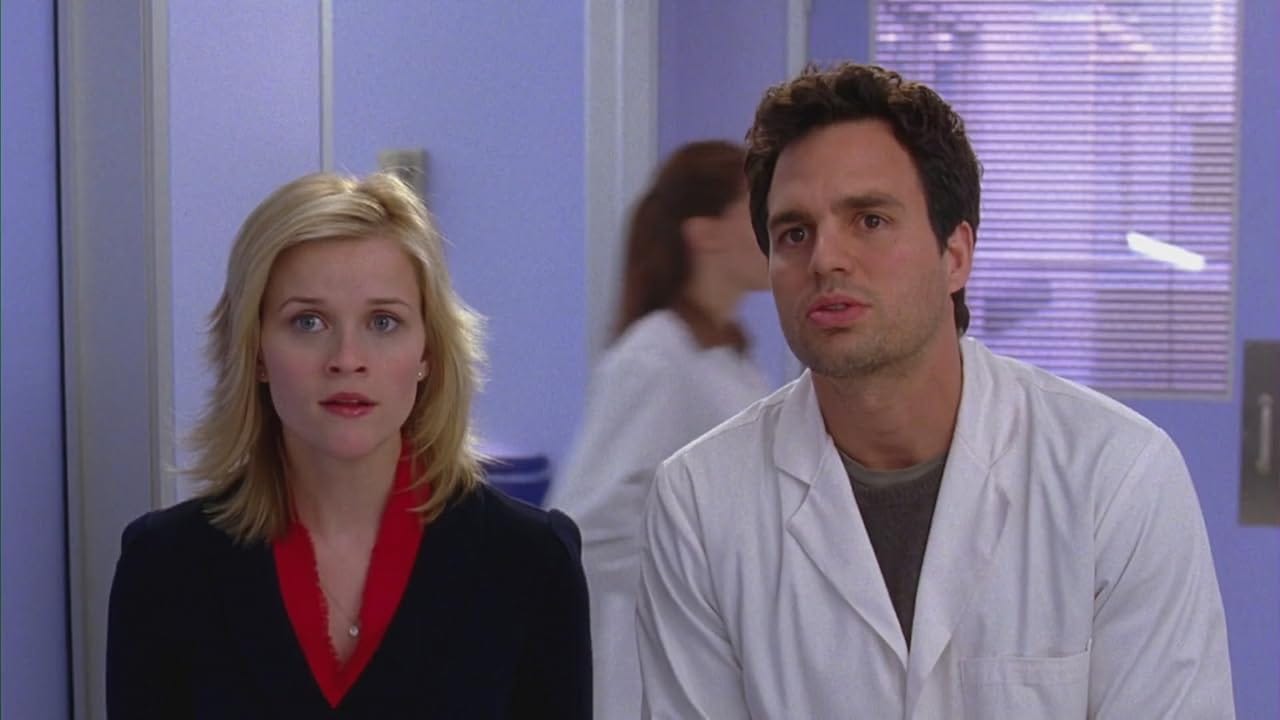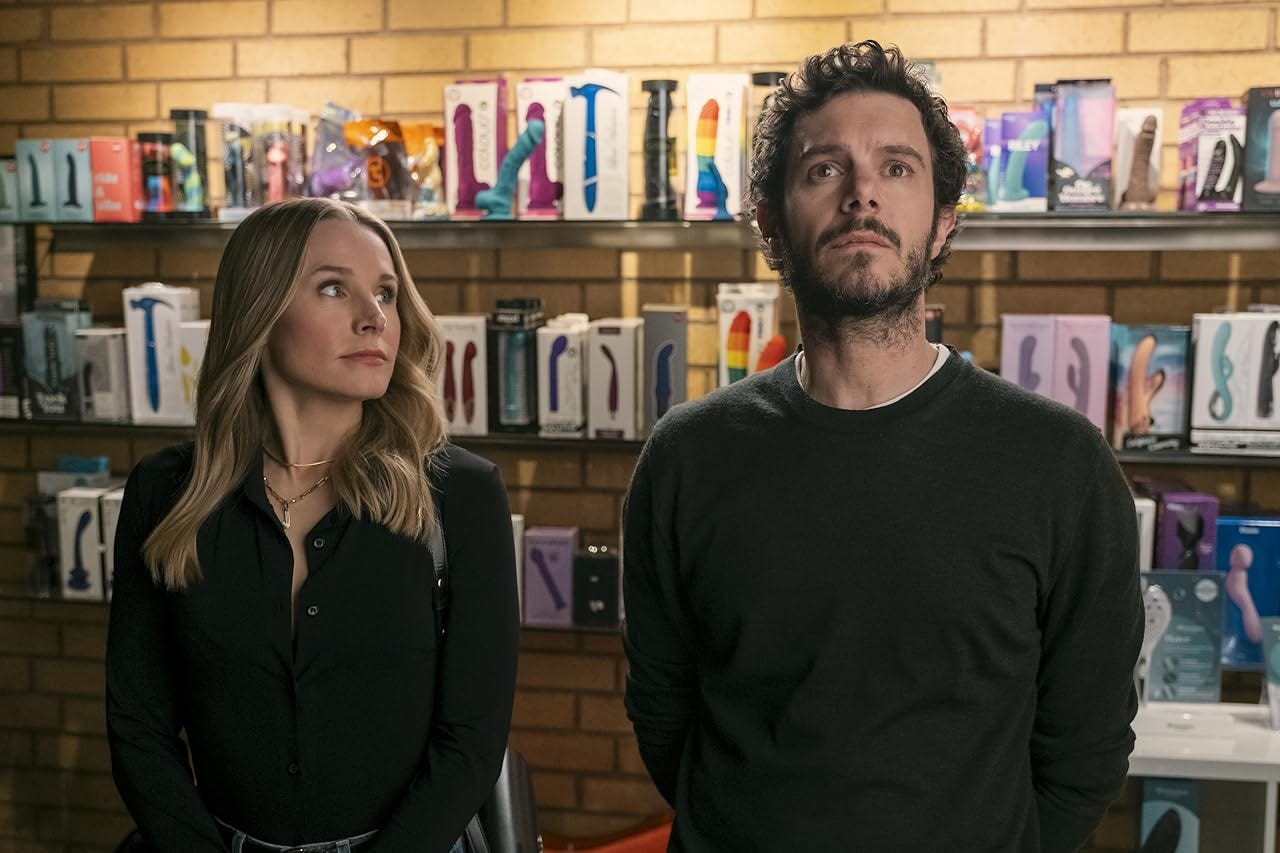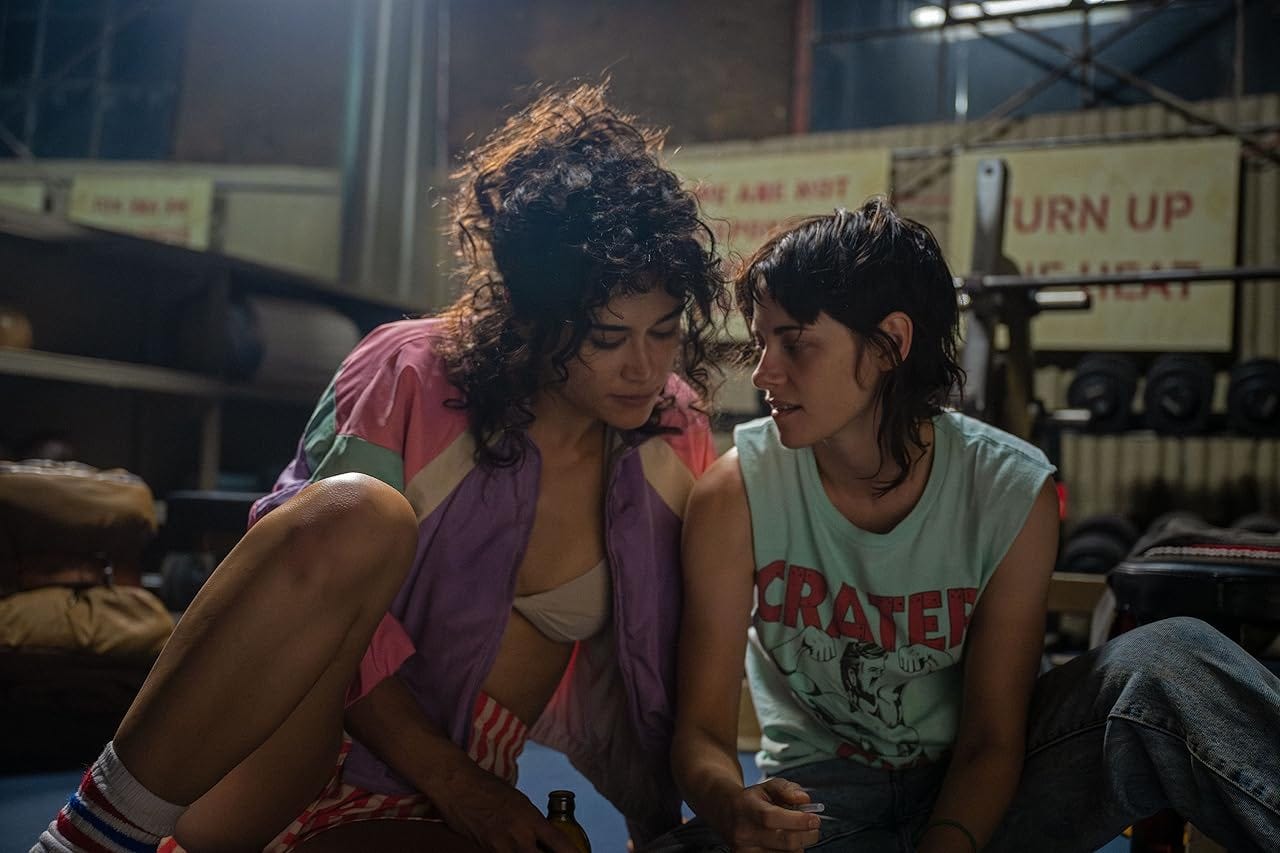For me, the worst thing a movie title can be is boilerplate.
My pet peeve towards a certain type of titles came into focus last year when I saw “You Hurt My Feelings” and “No Hard Feelings” in the same month and kept getting them mixed up. This grievance, however, probably goes back further, stretching back to two decades of consuming rom-coms with nondescript titles like “Something’s Gotta Give,” “Down with Love,” “Just Go With It,” “Just Like Heaven,” “How Do You Know,” to the recent “Anyone But You.” All of these movies use a common phrase or idiom in their title, so common that they have all blended with one another and become hard to tell apart.
If a good movie title is one that grabs an audience’s attention, then a subpar one is one that fails to make a mark. Instead of specificity, it goes for generality. There’s no punch or clever turn of phrase, no singular detail embedded in the title for you to hold on to. The platitude it’s cribbing from rolls off the tongue so well that it might as well just fall straight into the abyss of our cultural consciousness. A bad movie title has failed its marketing imperative: You can’t help sell a product that nobody can remember.
A couple of movie and show titles this year suffered from this problem. I felt this way with “Good One,” an indie film from first-time director India Donaldson that was one of the best films this year. The film is a coming-of-age drama about how an incident during a backpacking trip in the Catskills irrevocably changes the dynamics between a girl, her father, and her father’s friend. It’s a great film. It just needs a better name. The “one” in “Good One” is the sticking point for me. It’s so featureless that the title could apply to a dozen other movies, which is always a bad sign. A title should be sui generis, a unique creation that ideally goes perfectly with one work and one work only. It should feel tailor-made, not off the rack.
I didn’t like Almodovar’s “The Room Next Door,” a title as bland as the colors of his movies are bold. And no matter how many times I saw the trailer of “Speak No Evil,” I still couldn’t remember the title of the James McAvoy horror film because it felt like it was spit out of a randomized horror film title generator. Same goes for the movies “Never Let Go” and “I’m Still Here” — both borrow phrases so well-worn that they’ve now turned trite. And though I enjoyed the Kristen Bell-Adam Brody show “Nobody Wants This,” the title reads like a first draft attempt, offering no meaningful connection to its premise, a romance between a rabbi and an agnostic podcaster.
Other movies I had a problem with include “A Complete Unknown,” so anonymous and quiet compared to the book that the movie’s adapted from, “Dylan Goes Electric!” I also prefer “Motherfucker,” what the Nicole Kidman-Zac Effron romcom was initially called before it was bowdlerized into the toothless “A Family Affair.”
Common phrase titles aren’t the only ones that risk being unmemorable. Sometimes single-word titles (which include titles that begin with an article like “The”) run an equal, if not bigger, risk because you have to rely on a single word to make an impact. The ones that fumbled at this task for me were titles like “Before,” “Here,” “Absolution,” “Elevation,” “The Order,” “The Union,” and “The Deliverance,” all of them too vague to have staying power. Not to mention that the words they’ve chosen are so broad that it’s hard for a potential audience member to know what the movie is about by the title alone.
If you’re only going with one word in your title, that word should be arresting enough to stop someone in their tracks. In other words, it better be a helluva word. And this brings me to the titles I did appreciate this year.
I thought “Babygirl” was catchy, sexy, tongue-in-cheek. I enjoyed “Damsel,” which plays on the damsel in distress archetype. (Also a good enough name to be used twice.) “Heretic,” “Immaculate,” and “Conclave” were the holy trinity of religious titles that made an impression on me, maybe because of how infrequently those words are used and the rich connotations they bring.
I love an odd compound word like “Longlegs” and “Nightbitch.” And for a “The ___” movie, “The Brutalist” and “The Beekeeper” set themselves apart from the rest. They both utilize terms evocative enough to make a reader scanning through showtimes pause and go, huh, what is that.
If we’re going for phrasal titles, a little alliteration never hurt (“Kinds of Kindness,” “Love Lies Bleeding,” “Rebel Ridge,” and “Drive-Away Dolls.”) I also got a kick out of an oxymoronic pairing because these combinations often feel unexpected. Those I’ve liked include “Dirty Angels,” “Black Doves,” “The Wild Robot,” and “The Ministry of Ungentlemanly Warfare.”
If you want an example of a title that paints a hauntingly beautiful image, no movie did it better this year than “I Saw the TV Glow.” And if we’re talking about memorability, I don’t think anyone can forget the loaded title of Alex Garland’s film “Civil War.”
Some of my other favorites were titles that broke apart a common idiom to give it a twist instead of using the phrase wholesale, such as “It’s What Inside,” “No Good Deeds,” and “Sleeping Dogs.” There’s almost a sense of suspense attached to titles like these, and what is left unsaid feels as important as what is said.
Of course, a good name is never a guarantee of the quality of the work, and I can’t say that all of these movies and shows measured up to the promise of their title. What I will say is that if a title’s job is to hook an audience, these were all a job done well. Against an onslaught of competing entertainment, they’ve resisted obscurity. While other titles have slipped away, they’re the ones that don’t permit themselves to be forgotten.








